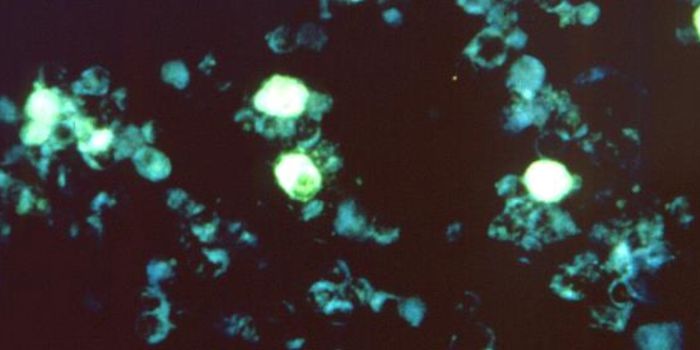Mobile genetic elements (MGEs), or transposable elements (TEs), are a kind of mobile genetic material; in nature, they can change places in within the genome of a species, or even move across different genomes. It's been suggested that half of the human genome is derived from MGEs. While most of the MGEs in the human genome are thought to have become inactive over time, a few others have been linked to a wide variety of disorders.
Our understanding of MGEs has been limited by a lack of good methods to study them. However, recent work has described a new tool that scientists created to rapidly assess variations in MGEs. This technique could help us learn a lot more about how these variants are linked to disease. The work has been reported in Nature Genetics.
The sequence variations within MGEs, also known as mobile element variants (MEVs) could dramatically accelerate changes in a population, or lead to disease. In statistical genetics, which investigates the genetic basis of disease at the level of populations, MEVs have been largely overlooked because they require precise genotyping data, noted first study author Shohei Kojima of the RIKEN Center for Integrative Medical Sciences (IMS).
This new technique for MEV genotyping relies on an algorithm that analyzes short-read, whole-genome sequencing data with statistical models. The algorithm utilizes several sources of evidence to ensure accuracy in MEV genotyping.
The method was validated with genetic data from about 8,000 people, around 5,000 of whom are Japanese while the remainder were not. This approach revealed some significant differences between the groups.
"We found that East Asians, including Japanese, have more LINE-1 and SVA variations than South Asians and Europeans," said Kojima. "This was a complete surprise to us. It may explain some East Asian-specific disease risk."
One MEV in particular was found to be a risk factor for keloids, a disorder in which scars do not form normally. This research may help advance personalized medicine; this particular finding might be used to identify patients who are more likely to experience keloids after surgery, and potentially prevent that outcome.
The study has added evidence to the hypothesis that MEVs are related to gene regulation, disease, and population-wide variations in humans. "MEVs are a double-edged sword; they can drive human evolution, but occasionally they can cause disease," said Kojima.
Sources: RIKEN, Nature Genetics









